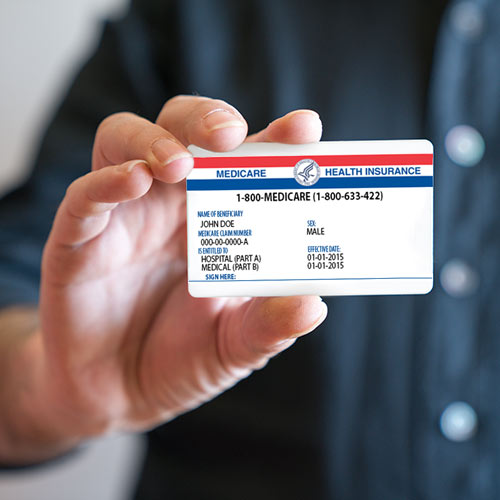
When choosing a Medicare plan, you’ll want to keep the three “C”s in mind. Convenience, Cost, and Coverage.
First and foremost, you’ll want to ensure the plan is affordable. That means taking into account the monthly premium and any deductibles, copayments, and coinsurance. Next, you’ll want to ensure that the plan covers the necessary drugs and services. This includes everything from routine care to specialized services. Finally, you’ll want to consider how easy it will be to obtain the necessary medications. This includes whether you’ll be able to get them at your local pharmacy or if you’ll need to mail order them. By keeping these three factors in mind, you’ll be able to choose the right Medicare plan for your needs.
Convenience
There are a lot of factors to consider when it comes to choosing a prescription drug plan. One of the most important is convenience. You’ll want to ensure that the plan you select includes convenient pharmacies for you. This could include national chains, local independent pharmacies, or mail-order drug delivery services. Web-based tools can be a great help in determining which plan will work best for you. They can provide information on costs and coverage, allowing you to enroll online. So, research and choose a plan that will work best for you and your family.
Cost
When comparing Medicare plans, it’s essential to consider the costs associated with each option. For example, part A and B coverage is generally available without a monthly premium, but you may pay deductibles and coinsurance for services rendered. IN SOME CASES, part D drug coverage may also be available as a built-in benefit, but you’ll want to compare the coverage levels and formularies among plans to find the best option for your needs. Additionally, don’t forget to factor in the cost of prescriptions, as this can vary greatly depending on your chosen plan. Considering all these factors, you can decide which Medicare plan is right for you.
Coverage
It’s essential to find a Medicare drug plan that covers all or most of the drugs you take. Many plans offer lower-cost generics, which can be a great way to save money. Of course, insurance plans can change the list of drugs they cover. Companies must provide at least 60 days’ notice before making a coverage change. This gives you time to evaluate other options and speak to your doctor about the possibility of switching to an alternate drug on the plan or generic medication. Don’t wait until you need a specific drug to find out whether it’s covered – check with your insurance plan ahead of time so you know your options.
Article courtesy of Ageful










